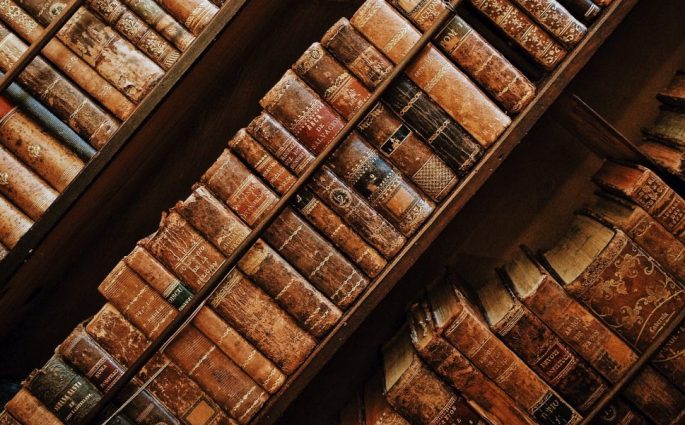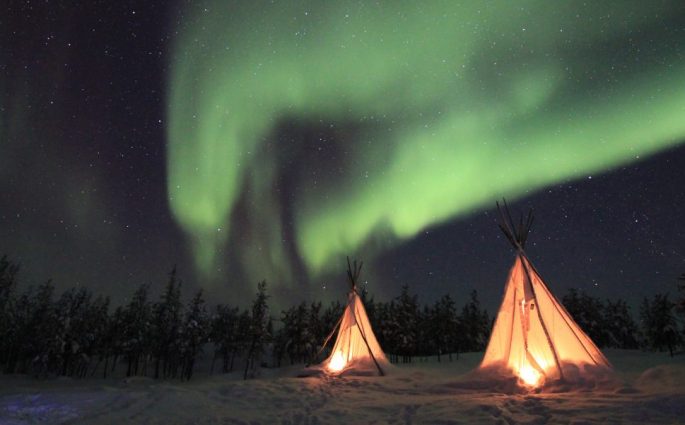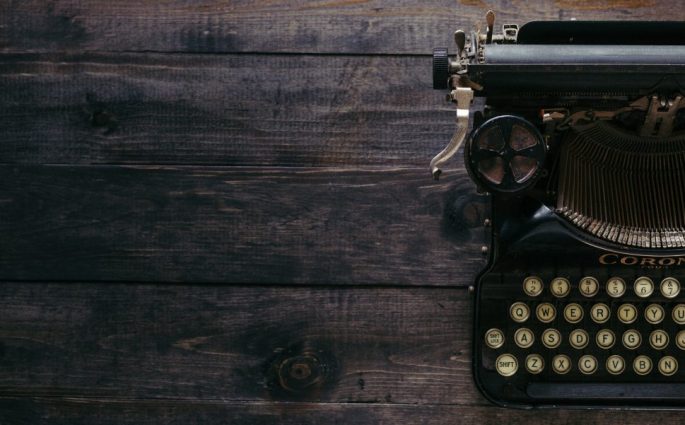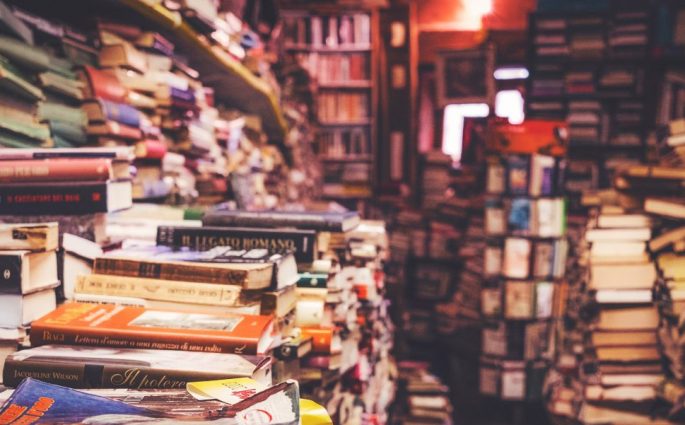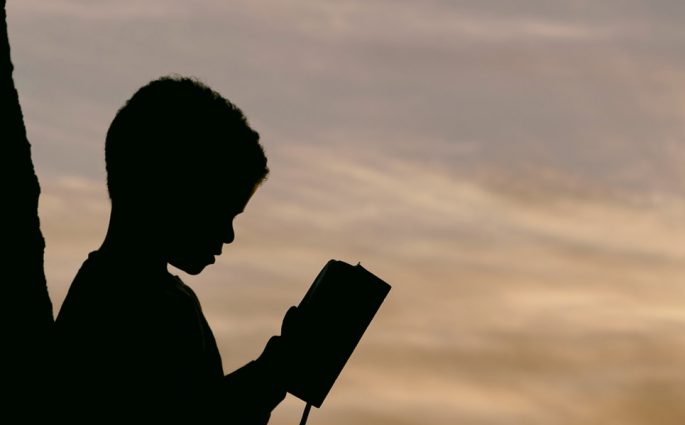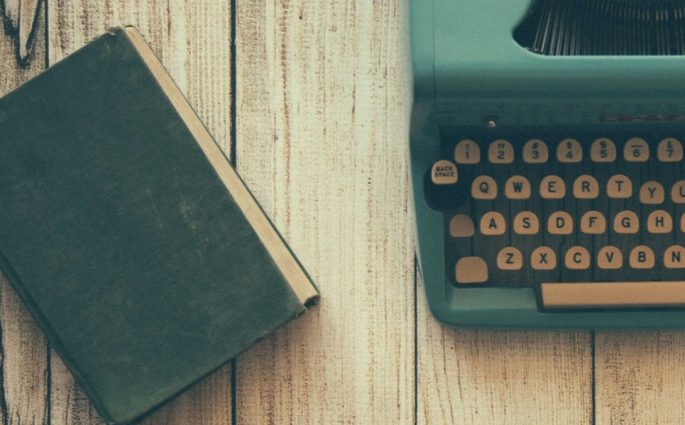What Is Literature?
Terry Eagleton— One of the things we mean by calling a piece of writing ‘literary’ is that it is not tied to a specific context. It is true that all literary works arise from particular conditions. Jane Austen’s novels spring from the world of the English landed gentry of the

